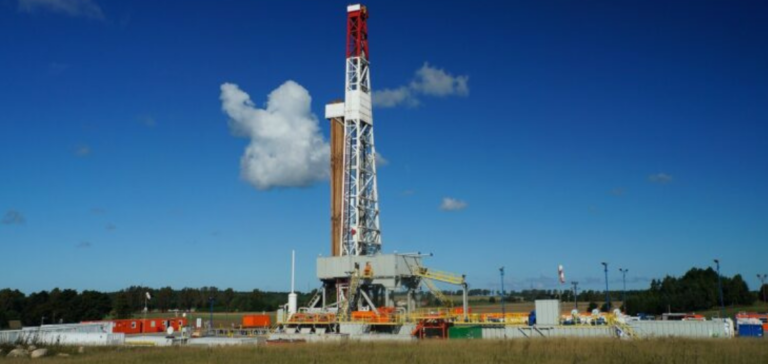The recent decision to authorize La Française de l’Energie to exploit unconventional gas in Moselle has sparked a wave of diverse reactions. This authorization, following a favorable decision by the Strasbourg administrative court, marks a major turning point in French energy policy.
Layer Gas: A First in France
According to the company’s press release, the decree signed by the French government will allow the “Bleue Lorraine” concession to continue operating until 2040. The project, which has been in the pipeline since 2004, is designed to extract natural gas, a method that has never been used before in France. The area concerned covers 191 km², with up to 400 boreholes planned.
Environmental and political opposition to the project
However, in April, the French Ministry of Ecological Transition expressed doubts about the viability of the project, citing a lack of convincing evidence of the company’s technical ability to efficiently exploit the gas. Despite this reluctance, in July the Strasbourg court ordered the French government to grant the concession, recognizing the technical skills of La Française de l’Energie.
Natural Hydrogen: Towards an Ecological Alternative?
However, this development was greeted with scepticism by environmental associations and some elected representatives. Their opposition is rooted in France’s ecological commitments, notably those made at COP26. What’s more, the discovery in May of a large reserve of natural hydrogen in the same area, potentially with less environmental impact, adds a further layer of complexity to the debate.
Challenges and prospects of the Energy Transition
La Française de l’Energie is optimistic, and is already planning to exploit this new resource, promising an ecologically and economically viable energy alternative. Nevertheless, the French Ministry of Ecological Transition has appealed the administrative court’s ruling, prolonging the legal uncertainty surrounding the project.
The situation highlights the challenges of France’s energy transition. On the one hand, the urgent need to find alternatives to fossil fuels, and on the other, the need to reconcile economic development with environmental protection. Today’s decisions will have a major impact on the country’s energy future.
The “Bleue Lorraine” concession and the discovery of natural hydrogen raise crucial questions about France’s energy future. Between technological innovation and ecological imperatives, La Française de l’Energie’s gas project embodies the dilemmas of the energy transition.






















